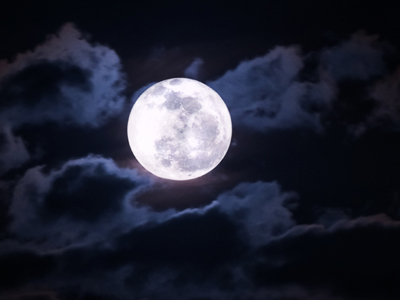
Earth, Moon and Sun
Join the adventure in KS2 Science with this space quiz! Explore Earth, our home, and meet our close pals - the Sun (we go around it) and the Moon (it goes around us).
Earth is one of 8 planets dancing around the Sun. It's big with a 40,000 km waistline, but the Sun is a whopping 109 times larger! The Moon is special - not a planet but our buddy, circling Earth. Some planets have lots of moons; Jupiter has 67! The Sun is super hot, like 5,500 degrees Celsius, but luckily, Earth is way cooler!
Test your space smarts with this fun science quiz about Earth, the Sun, and the Moon!
Are Quizzes the Key to Children's Success?Ready for more?
not all...
quizzers. Try to win a coveted spot on our Hall of Fame Page.







